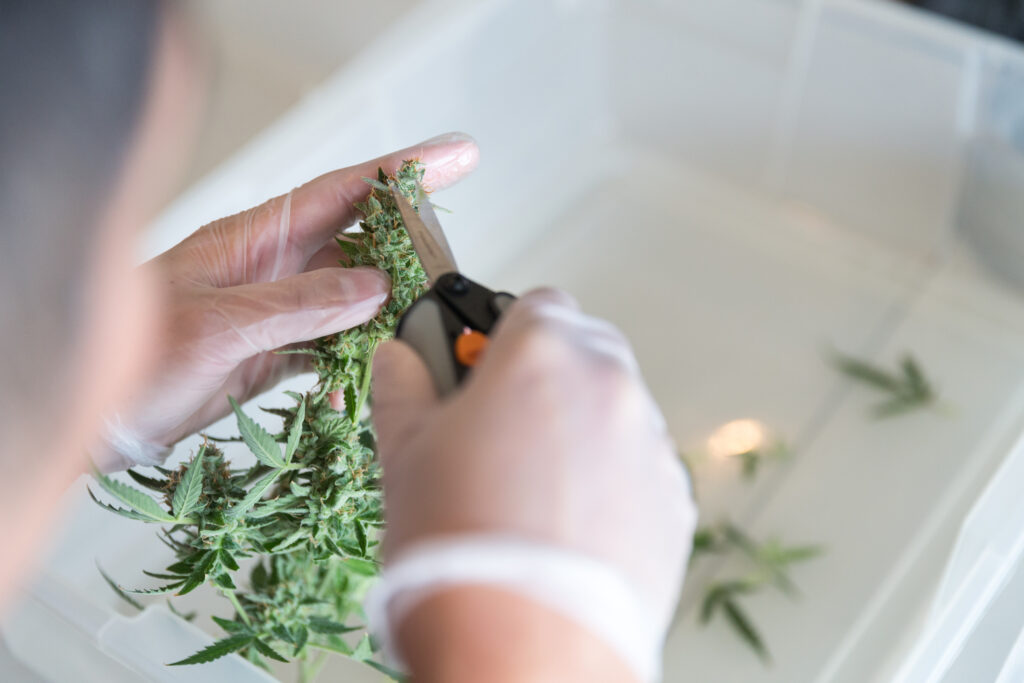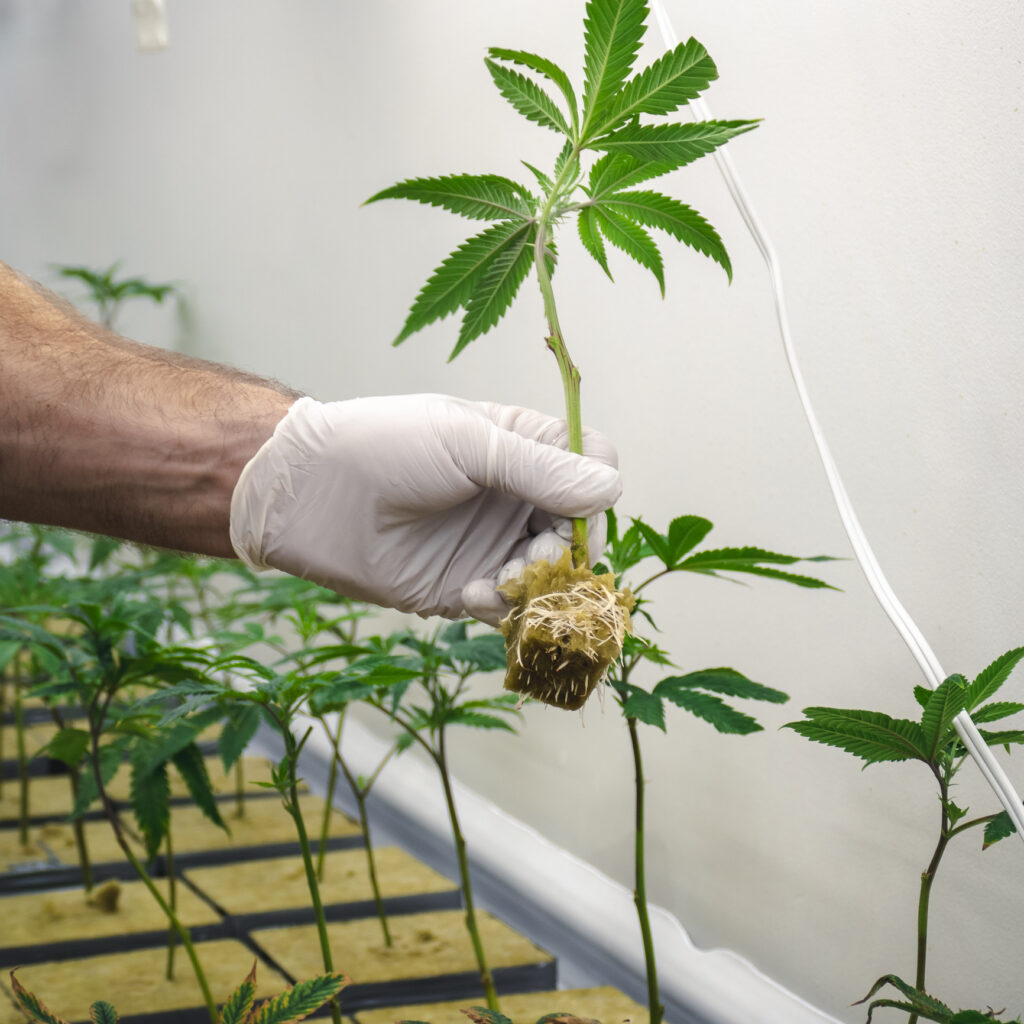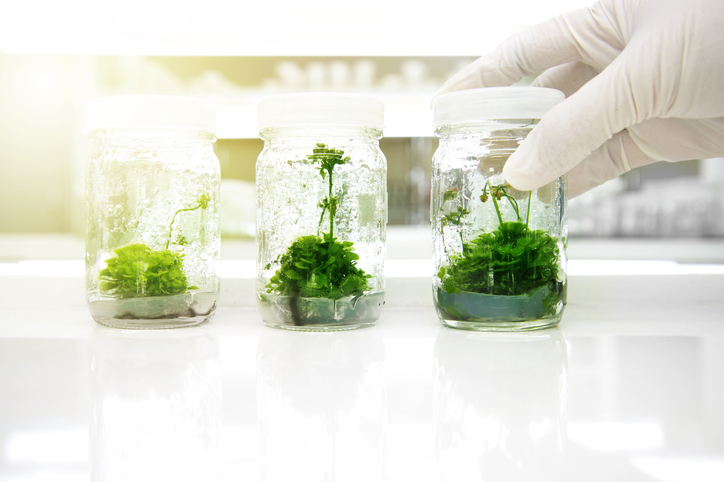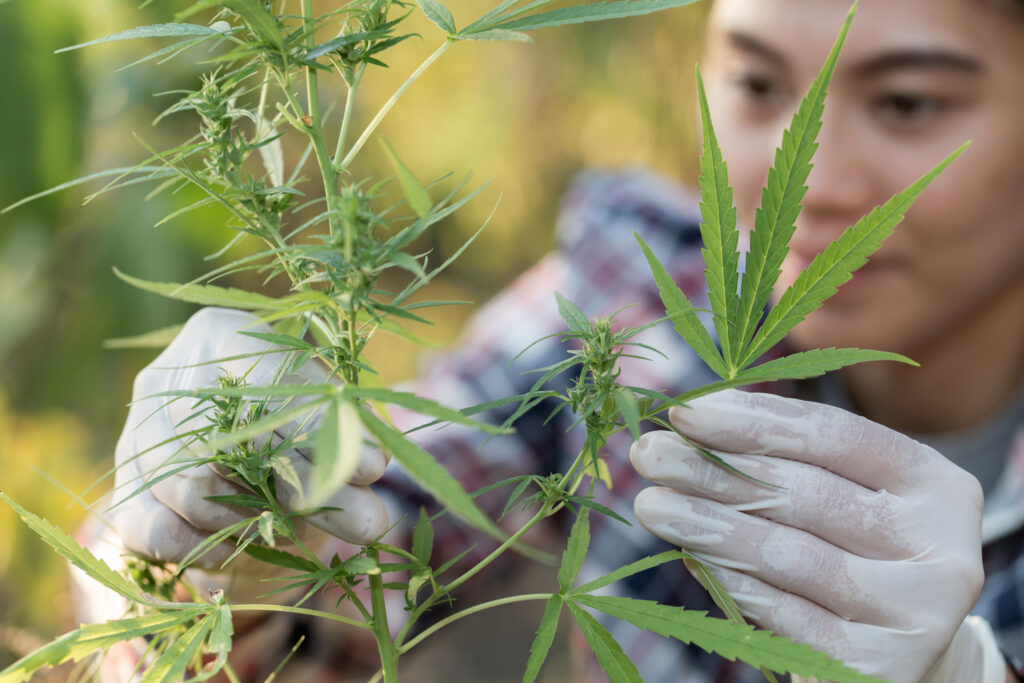
The cannabis industry is still in its nascent stages, with the wave of legalization in Canada opening the doors to new research potential. As the industry expands, cannabis cultivators are looking for ways to develop high yields and consistent quality in the most efficient way possible. Cloning has long been a chosen method of production in the industry. The process involves using a cutting of a mother plant to grow a genetically identical plant.
Nowadays, however, a new and improved method of cloning is coming to light. Tissue culture, or micropropagation, offers professionals a number of advantages when it comes to yield, quality, and production processes. For those interested in exploring the professional landscape, here’s a closer look at how tissue culture is shaping the future of cannabis cloning.
Tissue Culture in Cannabis Cultivation: What Students Should Know
As the cannabis industry faces exponential growth, its research and production methods evolve to keep up with consumer demand. Students interested in pursuing cannabis careers will gain an understanding of the cultivation, laboratory, and extraction techniques currently being applied in the cannabis industry.

Cannabis tissue culture can be used to ensure higher quality and yield
Tissue culture is a long-standing method of micropropagation that has been adopted for the use of most agricultural crops, including flowers, fruits, vegetables, and cannabis. The method involves gathering plant cells or tissues from a “mother” plant and placing them in a sterile environment in culture media. Culture media contains a rich blend of nutrients and hormones required to promote healthy tissue growth. Plant tissue culture is now widely used to produce plant clones, thanks to its ability to preserve the genetics of the mother plant.

Tissue culture is a long-standing method of micropropagation in most agriculture crops
The Future of Cannabis Cloning
Tissue culture is widely praised as a superior method of cloning to meet the growing demands of the cannabis industry in Canada. For propagating and preserving a plant’s genetics, tissue culture has a number of advantages over traditional cloning methods:
- Preserving plant genetics – tissue culture is a way to guarantee specific plant genetics and replicate strains
- Less exposure to environmental contaminants – micropropagation can reduce transmission of diseases, pests, and viruses
- Uses less space – growers can utilize the space for more plantlets, and therefore produce higher yields
- More prolific plant production – tissue culture produces more starter plants than cloning
Tissue culture can be applied to various business models, including large cultivation companies with high production rates as well as small businesses that produce clones for cannabis farmers.

The cannabis industry is seeing advances in research and production methods
Method of Propagating Tissue Used in Cannabis Careers
Micropropagation generally takes 10 to 14 weeks, starting with obtaining cells from a small plant clipping and then placing them in a nutrient mix to grow and multiply. The process of propagating tissue can be separated into a number of steps:
- Initiation: a small cutting is taken from a plant and put through a sterilization process to remove any contaminants.
- Culture: the cutting is placed in a nutrient-dense culture containing a mixture of sugar and hormones
- Rooting and multiplication: introducing different hormones in the medium can trigger root development, cell division, and multiplication
- Acclimatization: once the plant is large enough to be trimmed, the shoots can be planted in the soil
From a single tissue sample, micropropagation can be used to create hundreds of genetically identical clones while limiting the risk of contamination from other plants.
Are you interested in starting your cannabis training?
Contact the Academy of Applied Pharmaceutical Sciences to learn more about our program!



